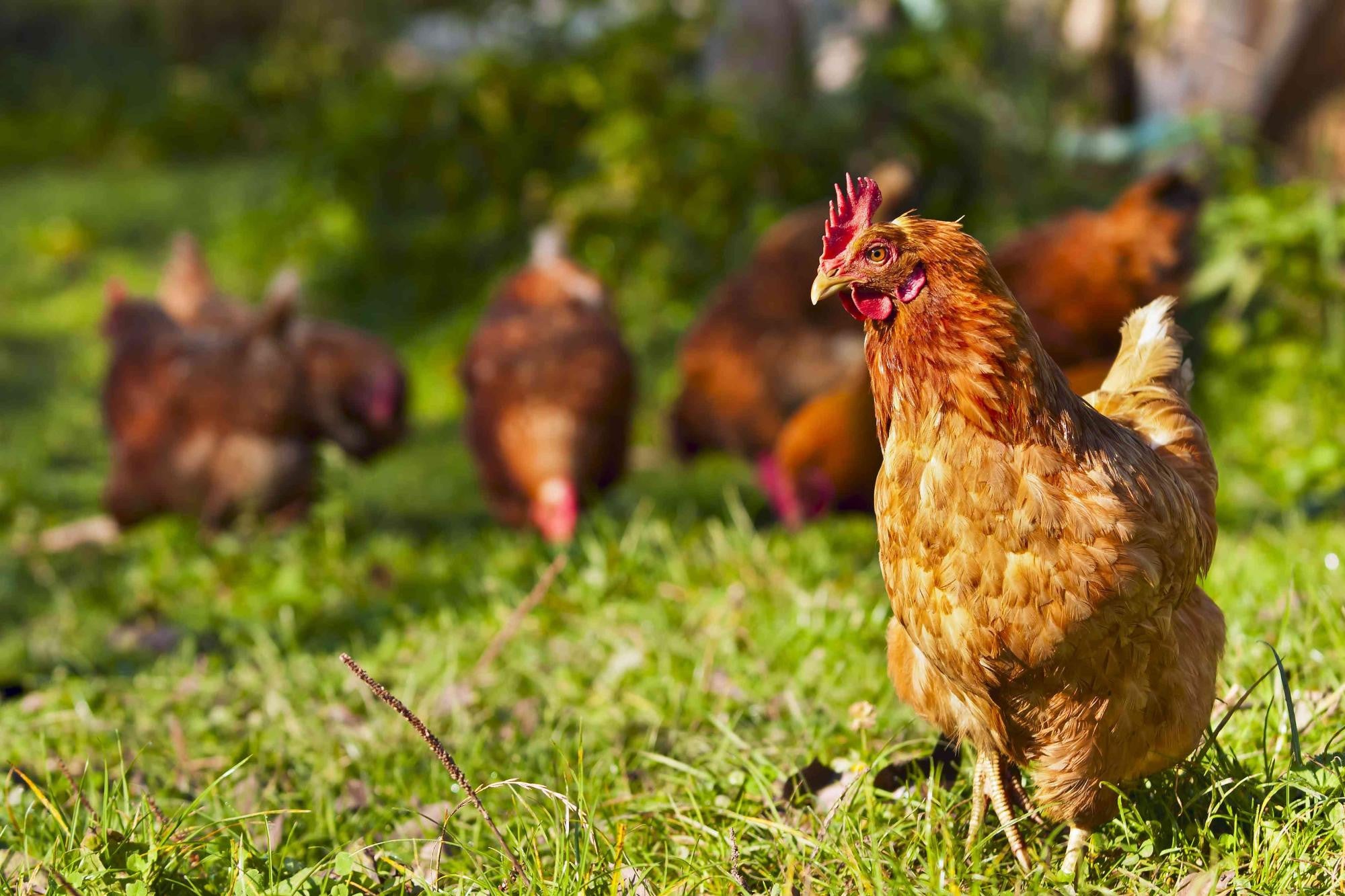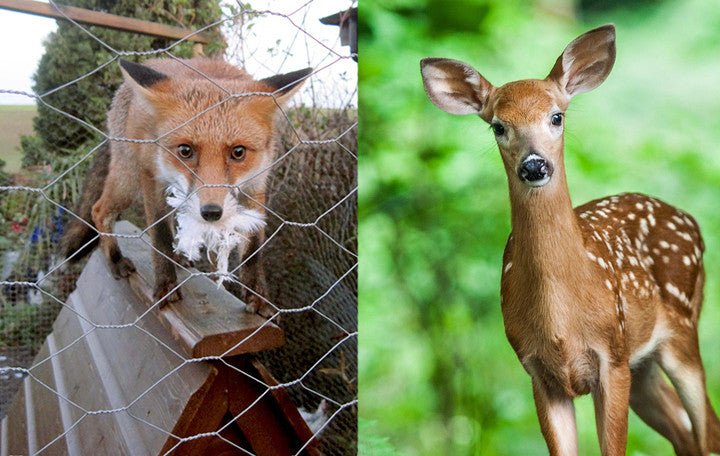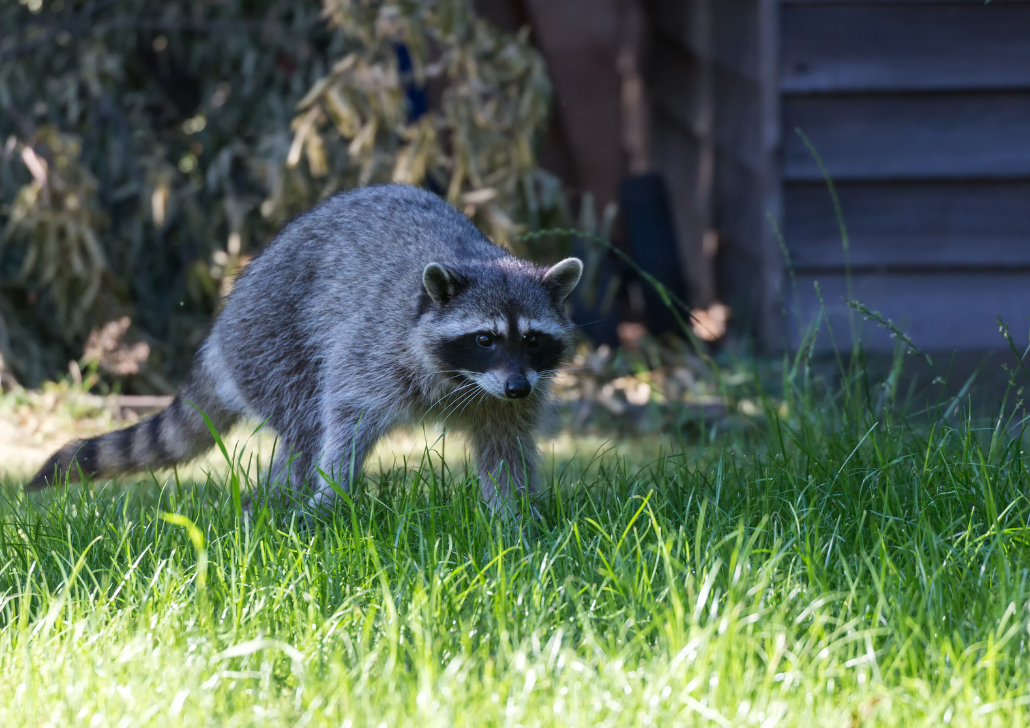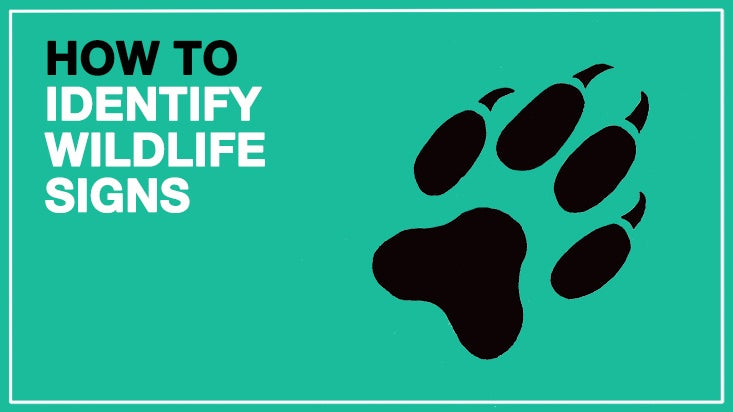Protecting Your Backyard Chickens From Predators: Coyote Bobcat Fox Raccoon Owls Hawks


You’ve spent precious time raising your backyard chickens form day old chicks to young laying hens. Sheer joy describes your feeling as you watch your birds free range on the lawn, or their in their enclosed coop or pen, grazing on clover leaves and feasting on fresh grubs scratched up from the earth. And then one day it happens: You discover the bloody remains of your favorite pullet – feathers scattered all over the place, picked off and slaughtered by a coyote, fox, bobcat, skunk, raccoon, owl or hawk. It's time to get serious and do everything you can to protect your chickens from predators.
Your backyard chickens depend on you for health, housing and safety. In return, they will supply you with endless eggs, fertilizer, meat and entertainment. But as prey animals, chickens are also a big attraction to everything from domestic dogs to snakes, rats, coyote, owls and hawks. You should expect to lose a bird to predation occasionally, but these 10 tips will go far to help keep your flock safe.
- Train your chickens to return to the coop every evening – and be sure to close it up securely with a locked door. If you raise your chicks in the coop, they will naturally return to lay eggs and roost at night after you let them range for the day. Make sure the house is predator-proof and that you close it up at night once the birds have settled.

- Raise the chicken coop off the ground by a foot or so to discourage rats, skunks and snakes from taking up residence beneath it and stealing eggs, chicks or young hens. Be certain to keep your henhouse floor tight and patch any holes that snakes and rats can get through.
- Enclose the coop in a secure poultry run to discourage dogs, coyotes, bobcats and other four-legged carnivores from gaining access to your flock. You can choose poultry wire, welded-wire mesh, electric netting or other fencing materials with sufficiently small openings (or sufficiently high-voltage electrical pulses) to keep your birds in and predators out. Bobcats and coyotes are good jumpers and can easily clear 4-foot-high fences, so build your enclosure appropriately tall, or add a cover net to keep predators from vaulting the fence.
- Cover the chicken run with welded-wire fencing, chicken wire or game-bird netting, or install a random array of crisscrossing wires overhead to discourage owls or hawks from making a meal out of your birds. If you shut your chickens in the coop at night, owl attacks will not be an issue. But hungry owls are cagey and may try to grab their meal right at dusk, so if owls are a problem in your area, don’t wait until after dark to close up the coop.
- Choose small-mesh fencing materials for enclosing coops and runs when raccoons and members of the mink or fisher family are among the predators. Raccoons and other fairly dexterous animals are infamous for reaching through larger meshed fencing or chicken wire and killing any chickens they can snag. This is especially important when you keep your chickens in a fully enclosed wire coop/run, like various chicken tractor (moveable coops without a floor) designs. Although 2x3 inch welded-wire fencing is less expensive, you will lose fewer birds if you use 1x2 inch mesh or smaller welded wire.

- Bury galvanized hardware cloth or other welded-wire fencing around the perimeter of the chicken run if you have problems with predators digging beneath your surface fencing.
- Provide a night light (motion-sensor-activated) that will flood the chicken run with light after dark or install a set of Predator Guard Solar LED deterrent lights. This will keep most nocturnal predators away from the coop.
- Give your chicken-friendly dogs the run of the chicken yard – particularly at night. Their protective instincts will keep predators away. Be sure your dogs aren’t tempted to chase running, squawking chickens if you choose not to close up the coop at night or choose to leave the dogs in the chicken yard during the day.
- Prepare yourself to take swift action if you discover any predation. Take measures to eliminate the predator's access to your birds. Failure to do so will result in subsequent losses. If predators think they have an easy catch available they will keep returning.
- Create a predator-danger zone around the coop and chicken yard. Most terrestrial predators are very uncomfortable crossing an area with minimal cover. You can plant bushes inside the chicken run – your birds will love the shade and nibbling on the leaves – but leave the perimeter as cover-free as you can. Most predators are unlikely to work their way into a welded-wire enclosure when they have to do it out in the open.






